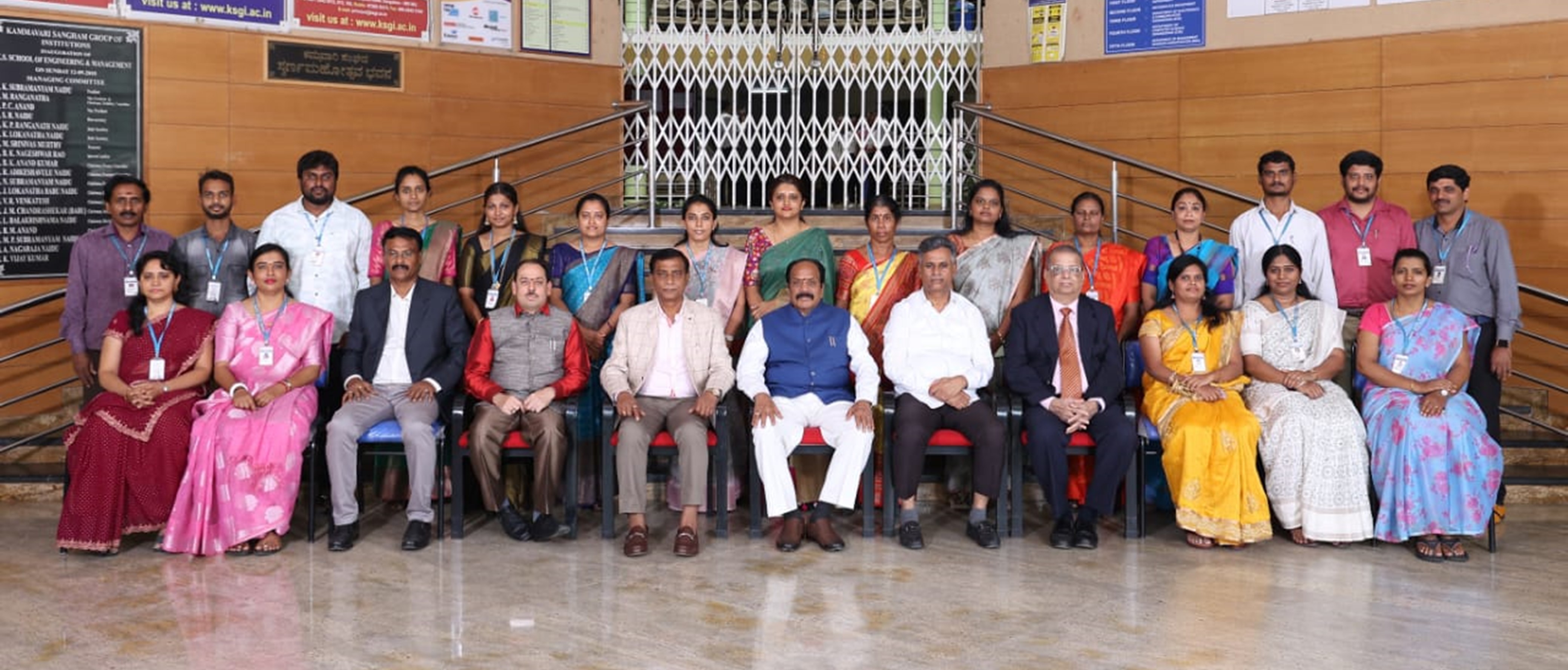
College code
CET : E203
COMED-K : E067
PG-CET MTech : T909
PG-CET MBA : B198
Notification |
College code
CET : E203
COMED-K : E067
PG-CET MTech : T909
PG-CET MBA : B198
Notification |
Kammavari Sangham (R) 1952, K. S. Group of Institutions
K. S. SCHOOL OF ENGINEERING AND MANAGEMENT
No.15, Mallasandra, Off. Kanakapura Road, Bengaluru-560109, +919900710055
Affiliated to VTU, Belagavi & Approved by AICTE, New Delhi, Accredited by NAAC
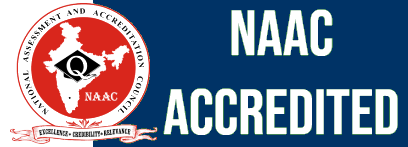
Announcement |
Talk on "Exploring the Universe with Space Science Missions" |
| K.S. School of Engineering and Management is celebrating National Science Day 2025 with an expert talk on "Exploring the Universe with Space Science Missions" by Dr. Anuj Nandi, Senior Scientist, ISRO. Organized by the Department of Applied Science, in association with Civil Engineering and Electronics & Communication Engineering. |
Online Faculty Development Program |
| Six-Days Online Faculty Development Program on "Nanomaterial and Energy Storage- :Sustainable Future" |
Six-Days Online Faculty Development Program on "Nanomaterial and Energy Storage- :Sustainable Future" |
| Department of Physics, K.S. School of Engineering and Management, Bengaluru in association with K.S. Research and Innovation Foundation, KSGI is organizing a Six-Days Online Faculty Development Program on "Nanomaterial and Energy Storage- Sustainable Future" Sponsored by AICTE -ATAL scheme scheduled from February 3rd to 8th, 2025. |
AI & ML OFFLINE TRINING PROGRAM ASSOCIATED WITH APPLIED SCIENCE |
| Department of Artificial Intelligence and Data Science in association with Applied Science organizing AI&ML|VOIS Offline Training for First Year Students. Training designed for all branches to enhance skills and drive success. Date: 23rd and 24th Dec, 2024 from 9am - 4pm. Venue: KSSEM AD Seminar Hall and CCP Lab, Main block. |
Talent's Meet |
| Talent's Meet for 1st year students on 25th November 2024. Time: 11: 00 AM Venue: Architecture Seminar Hall |
The Applied Science department at KSSEM allows budding engineering students to explore their world and discover new things in the field of technology. It is also an active department, containing various research activities with hands-on labs and experiments and many more. This makes the Applied science department well-suited to excel the future of young budding engineers.
The Department of Applied Science came into existence since the inception of KSSEM in 2010. The Department comprises of Mathematics, Physics, Chemistry, Biology and Humanities.
The motto of the Department is to provide high quality education to students with the assistance of well-qualified, dedicated and highly motivated faculty members. Our faculty's research expertise includes all frontier areas in Mathematics, Physics, and Chemistry, Biology and English. We impart the best teaching methodologies which prepare competent professionals able to independently apply knowledge to become a successful engineer.
The Department of Applied Science comprises Mathematics, Physics, Chemistry, Biology & Humanities. The department grew with the progress of the institution. Presently it consists of 21 teaching faculties out of which 7 are doctorates and 6 are supporting staff. The department encourages the faculty to attend seminars, workshops & conferences. The department motivates the faculty to publish papers in reputed journals, submit project proposal to funding agencies & to enrol for Ph.D program.
The department has well qualified, experienced and dedicated faculty, who are blend of knowledge and experience. The department provides safe, positive & intellectual learning environment. The aim of the faculties to provide quality education to the student community by utilizing modern teaching aids. The strong basic foundation laid by the department helps the students to apply knowledge & to become a successful engineer.
Engineering Mathematics Computer Laboratories, Engineering Chemistry laboratory & Engineering Physics laboratory are well equipped with major equipment and caters to the needs of the students.
PO1 : Engineering knowledge : Apply the knowledge of mathematics, science, engineering fundamentals, and an engineering specialization to the solution of complex engineering problems.
PO2 : Problem analysis : Identify, formulate, research literature, and analyze complex engineering problems reaching substantiated conclusions using first principles of mathematics, natural sciences, and engineering sciences.
PO3 : Design/development of solutions : Design solutions for complex engineering problems and design system components or processes that meet the specified needs with appropriate consideration for the public health and safety, and the cultural, societal, and environmental considerations.
PO4 : Conduct investigations of complex problems : Use research-based knowledge and research methods including design of experiments, analysis and interpretation of data, and synthesis of the information to provide valid conclusions.
PO5 : Modern tool usage : Create, select, and apply appropriate techniques, resources, and modern engineering and IT tools including prediction and modeling to complex engineering activities with an understanding of the limitations.
PO6 : The engineer and society : Apply reasoning informed by the contextual knowledge to assess societal, health, safety, legal and cultural issues and the consequent responsibilities relevant to the professional engineering practice.
PO7 : Environment and sustainability : Understand the impact of the professional engineering solutions in societal and environmental contexts, and demonstrate the knowledge of, and need for sustainable development.
PO8 : Ethics : Apply ethical principles and commit to professional ethics and responsibilities and norms of the engineering practice.
PO9 : Individual and team work : Function effectively as an individual, and as a member or leader in diverse teams, and in multidisciplinary settings.
PO10 : Communication : Communicate effectively on complex engineering activities with the engineering community and with the society at large, such as, being able to comprehend and write effective reports and design documentation, make effective presentations, and give and receive clear instructions.
PO11 : Project management and finance : Demonstrate knowledge understanding of the engineering and management principles and apply these to one's own work, as a member and leader in a team, to manage projects and in multidisciplinary environments.
PO12 : Life-long learning : Recognize the need for, and have the preparation and ability to engage in independent and life-long learning in the broadest context of technological change.
PSO1 : Ability to apply concept of Mathematics in engineering to design a system, a component or a process/system to address a real world challenges.
PSO2 : Ability to develop effective communication, team work, entrepreneurial and computational skills.
PSO1 : Ability to understand the basic principles, laws, theories and problem solving skills of Engineering Physics and their application in engineering and technology.
PSO2 : Ability to apply the concepts of physics to design a process to address the real world challenges.
PSO1 : Ability to apply concept of Chemistry to design a system, to address a real world challenges.
PSO2 : Ability to develop effective communication, team work and computational skills.
R & D Center Chemistry [View here]
R & D Center Mathematics [View here]
R & D Activities [View here]
Department Faculty Pursuing Ph.D [View here]
Ph.D Awardees [View here]
CHEMISTRY NOTES FOR ECE STUDENTS(2022 SCHEME)-2024-25 [view here]
CHEMISTRY NOTES FOR ME STUDENTS(2022 SCHEME)-2024-25 [view here]
PHYSICS NOTES FOR CSE STUDENT [view here]
PHYSICS MANUAL [view here]
CHEMISTRY MNUAL [view here]
II SEM TIME TABLE -2024-25(CHEMISTRY CYCLE) [download here]
II SEM TIME TABLE -2024-25(CHEMISTRY CYCLE) [download here]
II SEM TIME TABLE-2024-25(PHYSICS CYCLE) [download here]
2023-24(EVEN SEMESTER [download here]
II SEM TIME TABLE(2023-24) [download here]
CALENDER OF EVENTS(2024-25) [download here]
UPDATED CALENDER OF EVENTS [download here]
Calender of events [download here]
APPLIED PHYSICS [view here]
APPLIED CHEMISTRY [view here]
MATHEMATICS I FOR CV/ME/CS/EE STREAM [view here]
MATHEMATICS II FOR CV/CS/ME/EE STREAM [view here]
"HELD ON 24th FEBRUARY 2025 ORGANIZED BY DEPARTMENT OF APPLIED SCIENCE IN ASSOCIATION WITH DEPARTMENT OF CIVIL ENGINEERING AND DEPARTMENT OF ELECTRONICS & COMMUNICATION ENGINEERING K.S. SCHOOL OF ENGINEERING AND MANAGEMENT"
2025-02-24
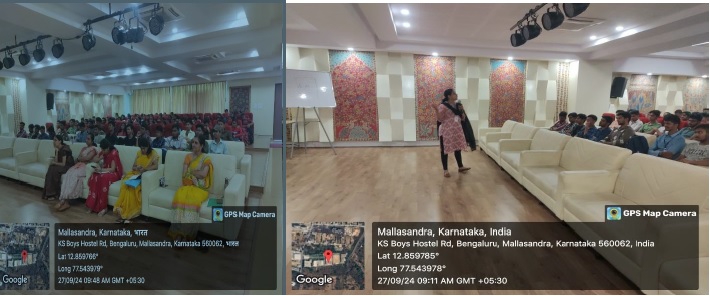
"Induction Program for first year Students Chemistry Cycle (2024-25)"
2024-09-18
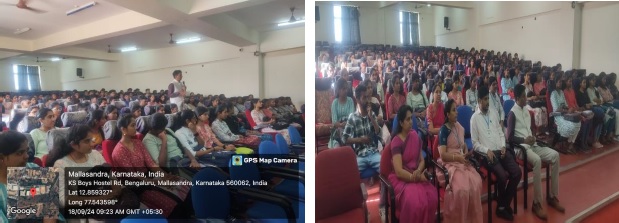
"Induction Program for First year Students_Physics cycle(2024-25)"
2024-09-18
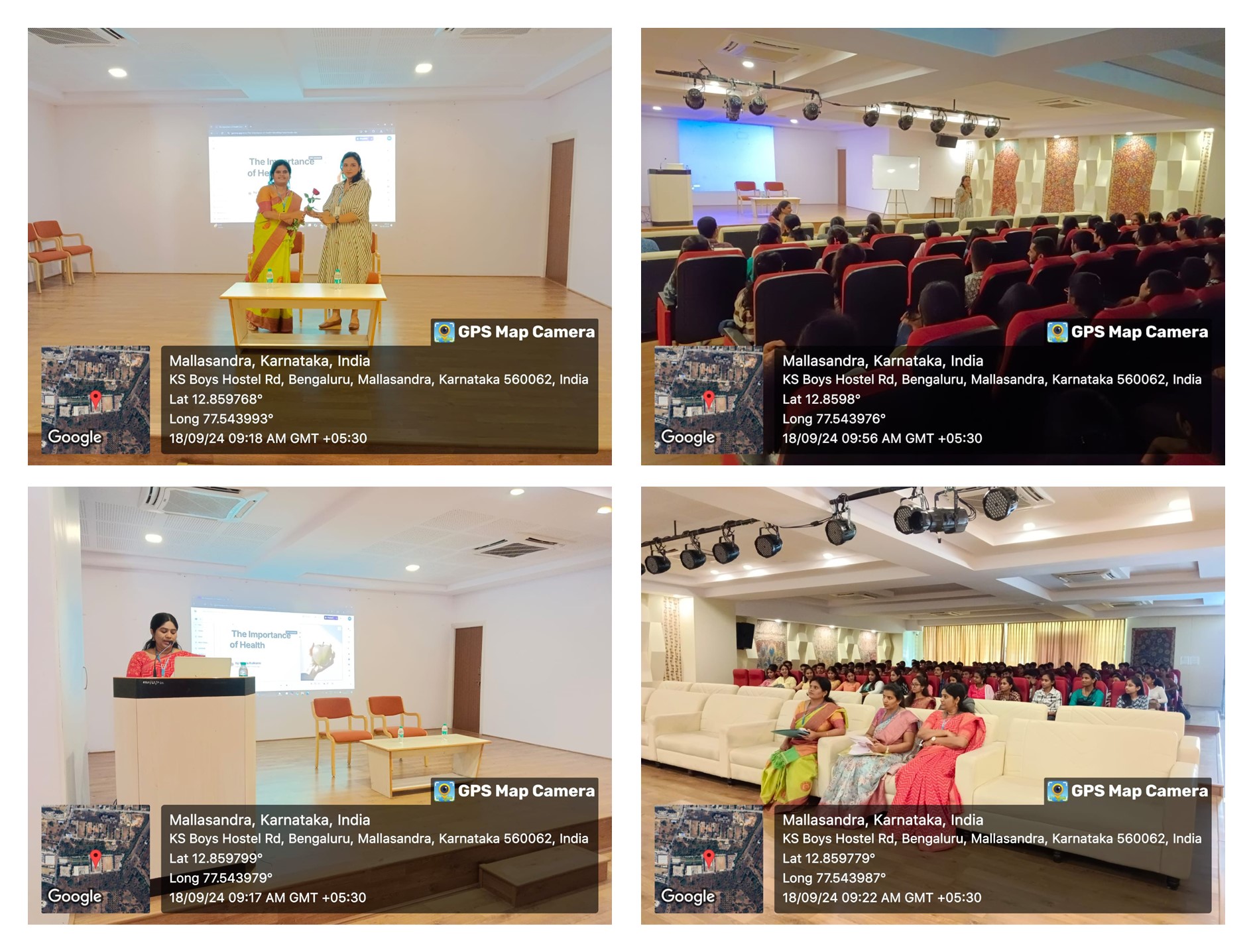
"A session on the Importance of Physical Health was conducted on 18/09/2024 with Dr. Kokila Kulkarni, a renowned health expert, as the speaker. Dr. Kulkarni emphasized the crucial role physical well-being plays in leading a balanced and fulfilling life. She highlighted the benefits of regular exercise, a nutritious diet, and proper sleep, explaining how they directly impact both mental and emotional health. The session also covered practical tips for incorporating fitness into daily routines and managing stress through physical activity. Dr. Kulkarni engaged the audience with real-life examples, interactive discussions, and Q&A, making the session highly informative and impactful. Overall, the event successfully raised awareness about the need for prioritizing physical health in our everyday lives, encouraging students and staff to adopt healthier lifestyles. "
2024-09-18

" Motivational Talk On " Engineering: The Path Forward" The Department of Basic Science, KSSEM has organized a motivational talk on "Engineering: The Path Forward? on 18 March 2021. The talk was held in Civil Seminar Hall for I semester students. "
2021-03-18
"Induction program was organized for first year students(2023-24)"
2023-04-09
"HELD ON 24th FEBRUARY 2025 ORGANIZED BY DEPARTMENT OF APPLIED SCIENCE IN ASSOCIATION WITH DEPARTMENT OF CIVIL ENGINEERING AND DEPARTMENT OF ELECTRONICS & COMMUNICATION ENGINEERING K.S. SCHOOL OF ENGINEERING AND MANAGEMENT"
2025-02-24
"Katalyst Program was organised for first year BE 2023-2024 batch girl students at KSSEM, on 09-09-2023."
2023-09-09
Faculty Development Program [view here]
The Department of mathematics came into existence since the inception of KSSEM in 2010. The mathematics department at KSSEM allows budding engineering students to explore their world and discover new things in the field of technology. It is also an active department, containing various research activities with hands-on labs and experiments and many more. This makes the mathematics department well-suited to excel the future of young budding engineers. The motto of the Department is to provide high quality education to students with the assistance of well-qualified, dedicated and highly motivated faculty members. Our faculty's research expertise includes all frontier areas in Mathematics. We impart the best teaching methodologies which prepare competent professionals able to independently apply knowledge to become a successful engineer.
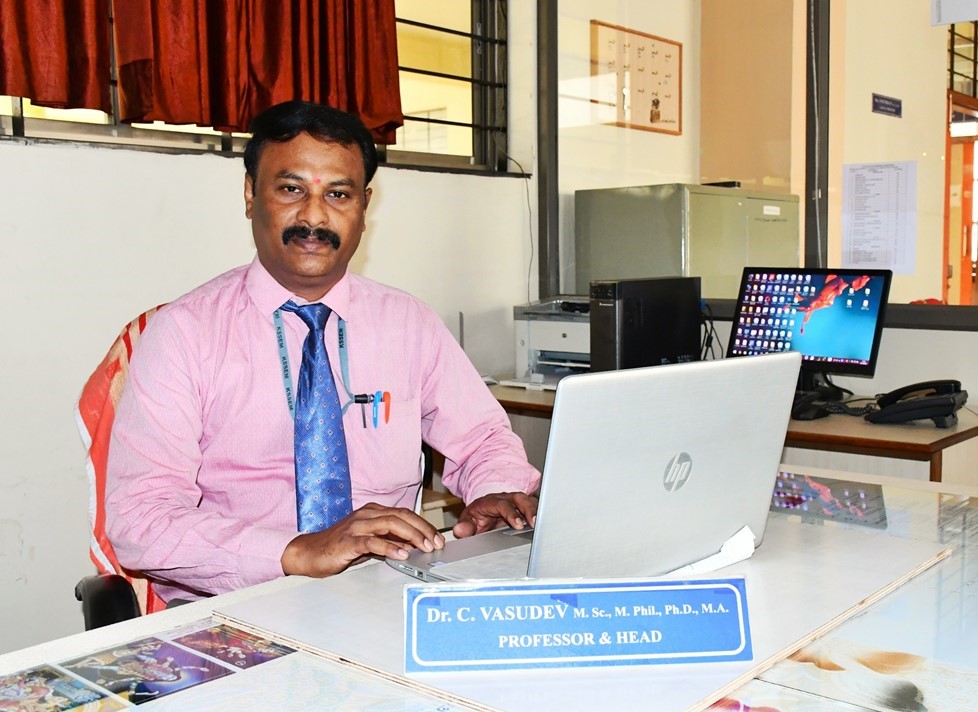
The Department of Mathematics grew with the progress of the institution. Presently it consists of 09 faculties out of which 3 are doctorates. The department encourages the faculty to attend seminars, workshops & conferences. The department motivates the faculty to publish papers in reputed journals, submit project proposal to funding agencies & to enrol for PhD program.
The department has well qualified, experienced and dedicated faculty, who are blend of knowledge and experience. The department provides safe, positive & intellectual learning environment. The aim of the faculties to provide quality education to the student community by utilizing modern teaching aids. The strong basic foundation laid by the department helps the students to apply knowledge & to become a successful engineer.
The Department of Physics at KSSEM was established in 2010. The department strives to be a dynamic, inclusive, and competitive centre of excellence in physics teaching, learning, and research in order to meet the technical needs of engineering students. The faculty members in the department are highly skilled, knowledgeable, and passionate. Faculty in the department teaches Applied Physics to first-year B E students.
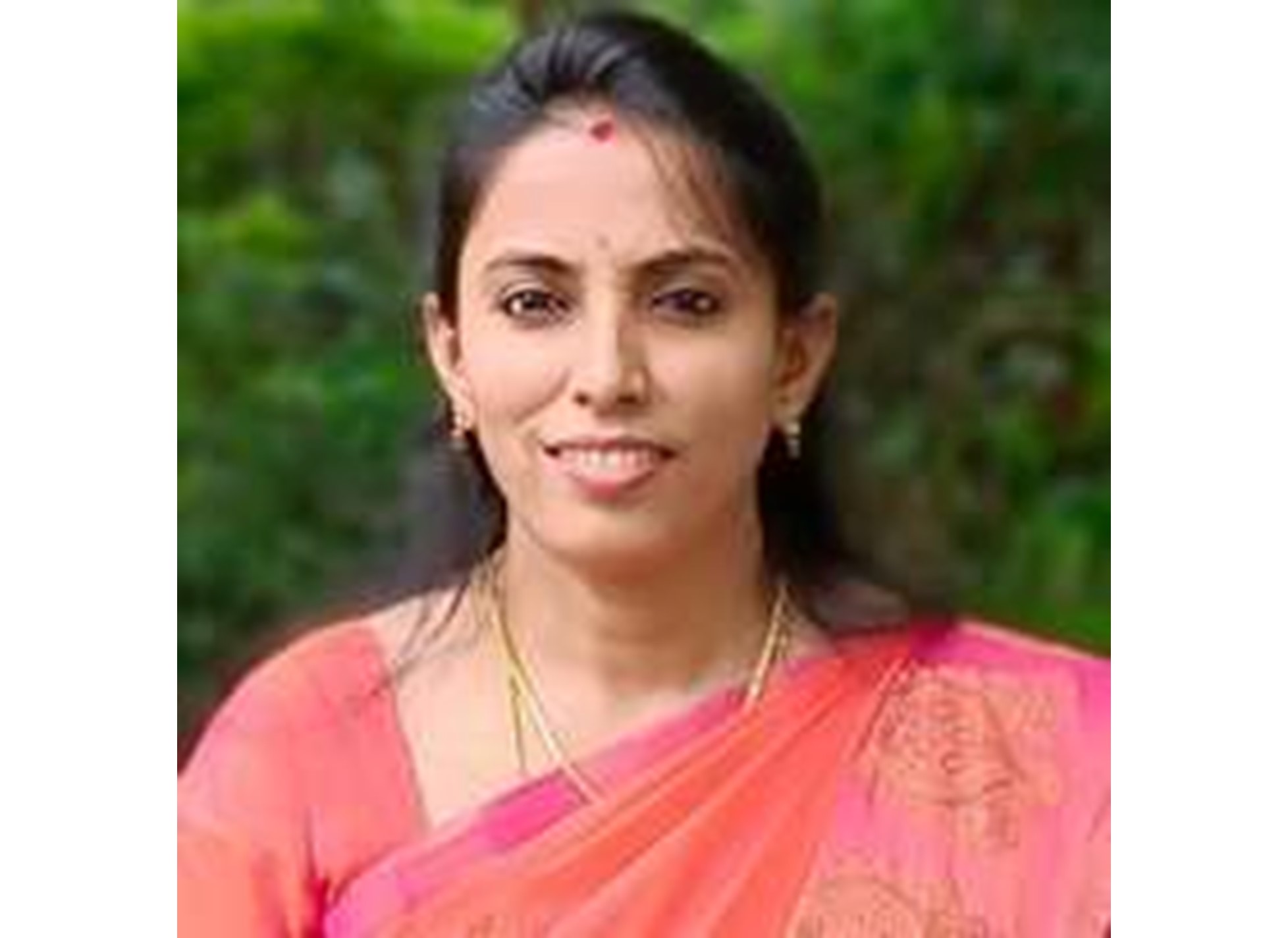
The physics department goal is to impart strong mathematical and problem-solving abilities, a thorough comprehension of physical principles, and a broad understanding of experiments that can spark students' interest and passion to learn physics in connection to professional courses.
The department owns an ergonomically designed and well-equipped Applied Physics Laboratory with modern types of equipment and a spacious darkroom for optics experiments. The department ensures the good academic progress of the students by adopting the best practices of the teaching and learning process.
The department actively supports faculty members to participate in conferences, workshops, seminars and publish papers in national / international conferences/journals. It also encourages them to submit project proposals to funding agencies and pursue Ph.D. programs.
The Department of Chemistry was established within the Applied Science Department since the inception of KSSEM in 2010. The department has focused on providing a strong foundation in chemistry as part of a broader scientific curriculum.
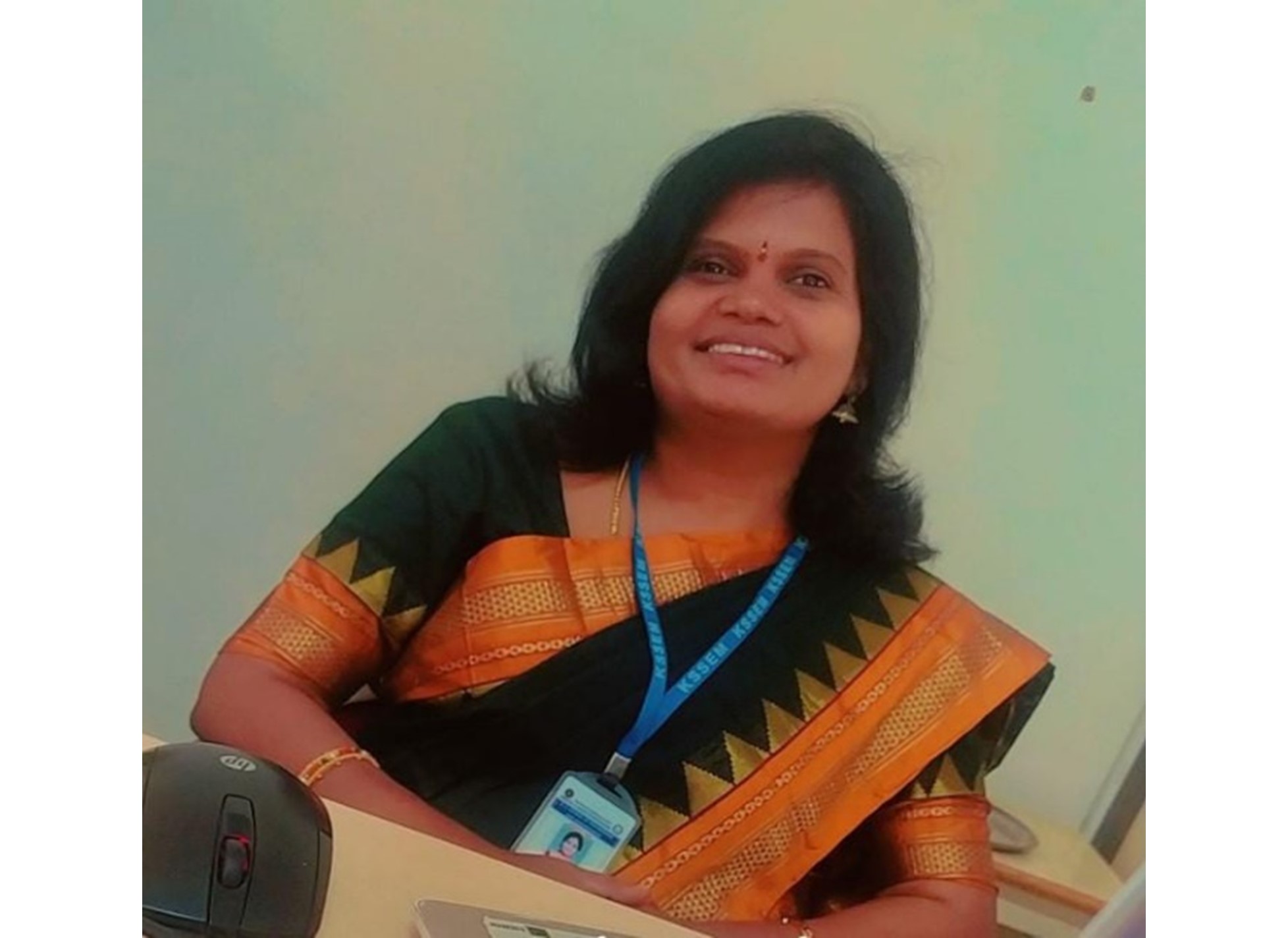
The mission of the Department of Chemistry is to equip students with the knowledge and practical skills essential for thriving in both academia and industry. Currently, the department consists of 5 faculty members, out which 3 are doctorates. The Department of Chemistry offers high-quality education, supported by a team of well-qualified, dedicated, and motivated faculty members. These faculty members possess research expertise in various cutting-edge areas of chemistry, ensuring that students receive a comprehensive education grounded in both theory and practical application.
The department is equipped with modern teaching methodologies that prepare students to independently apply their knowledge and become successful professionals. The well-established Engineering Chemistry laboratory is fully equipped with state-of-the-art equipment, catering to the academic and research needs of students.
The department actively encourages faculty to participate in seminars, workshops, and conferences, and motivates them to publish their work in reputed journals, submit project proposals to funding agencies, and pursue Ph.D. programs.
The Department of Chemistry offers a positive, intellectually stimulating learning environment. The goal is to provide students with the skills and knowledge necessary to thrive in both academic and industrial settings, contributing to advancements in sciences and engineering.
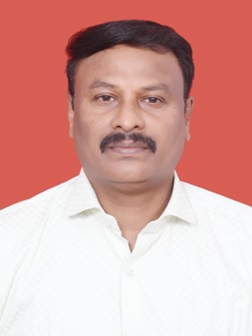
Dr. C Vasudev
Professor & Head
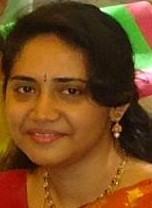
Dr. Lakshmi B
Assistant Professor
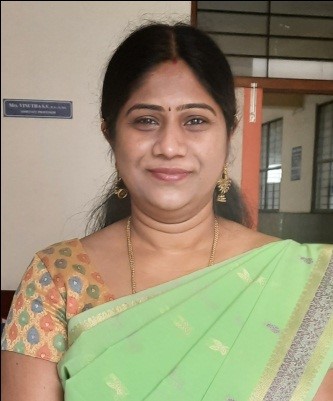
Dr.Vinutha S V
Assistant Professor
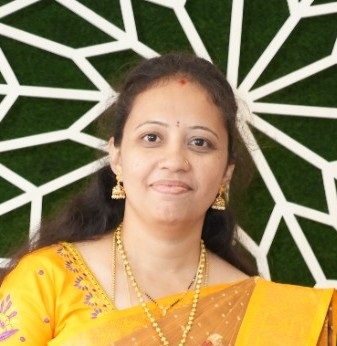
Dr. Pavithra K M
Assistant Professor
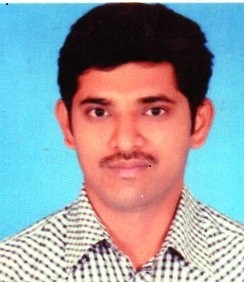
Sudhakar P
Assistant Professor
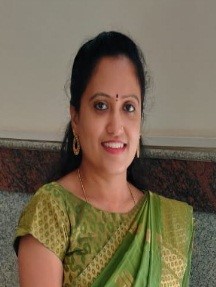
Nagarathna T K
Assistant Professor
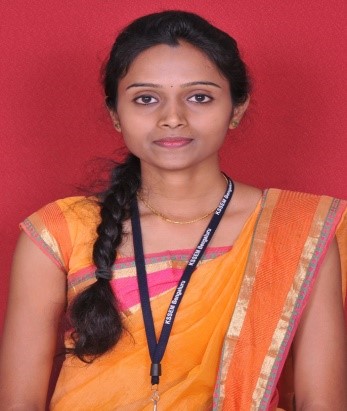
Divya R
Assistant Professor
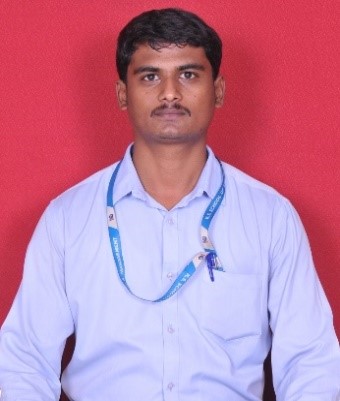
Manoharkumar K N
Assistant Professor
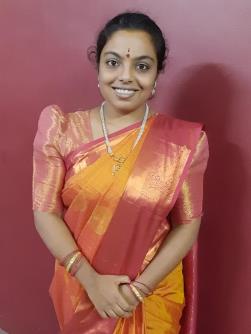
Pannaga P I
Assistant Professor
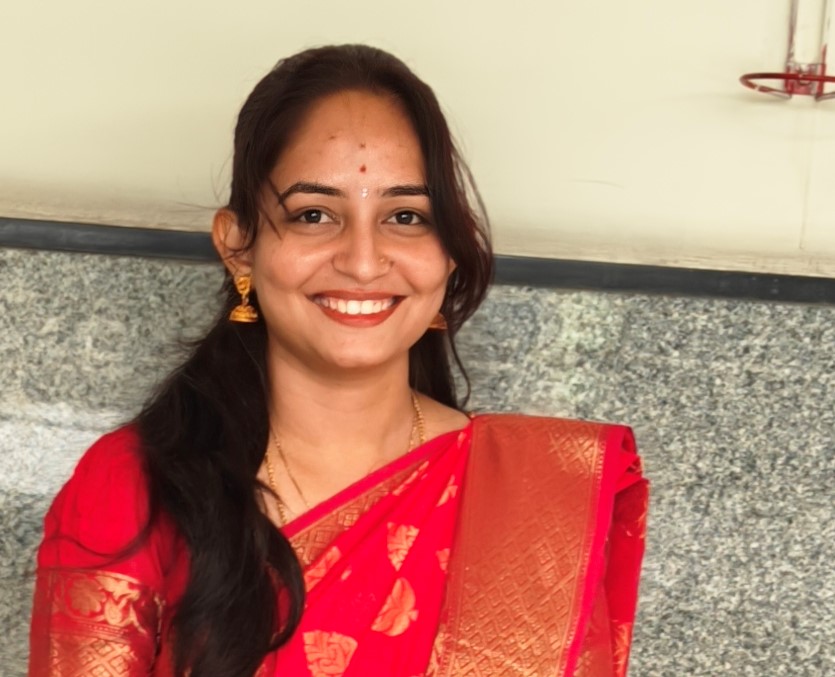
Savithri Uppin
Assistant Professor
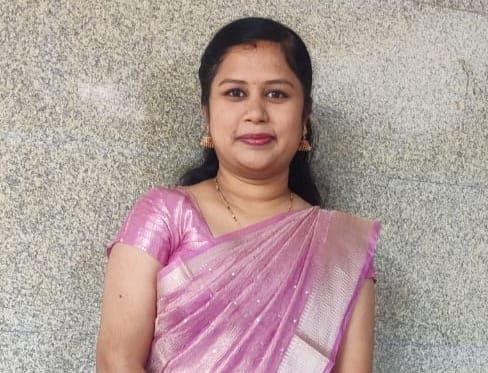
Suman
Assistant Professor
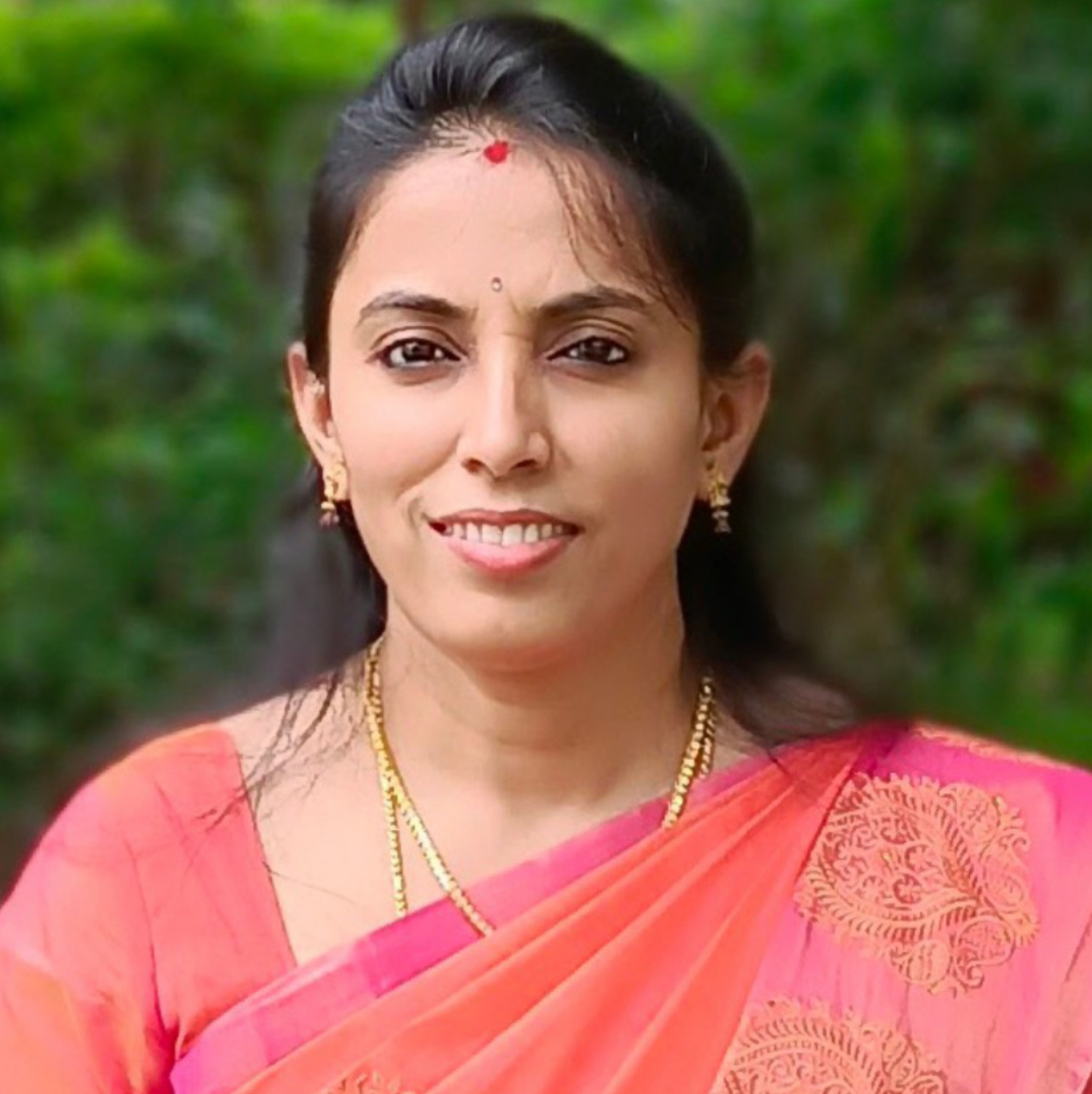
Pavithra J
Assistant Professor and HoD
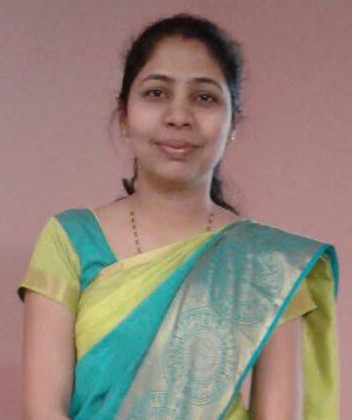
Dr. Vaishali R Bote
Assistant Professor
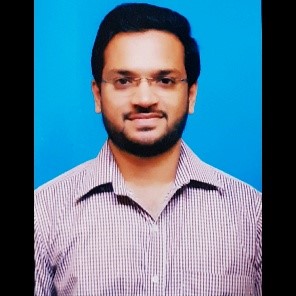
Keerthi A
Assistant Professor
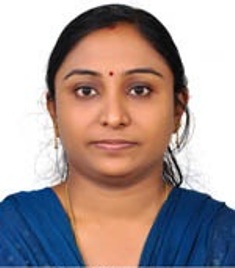
Nisha PG
Assistant Professor
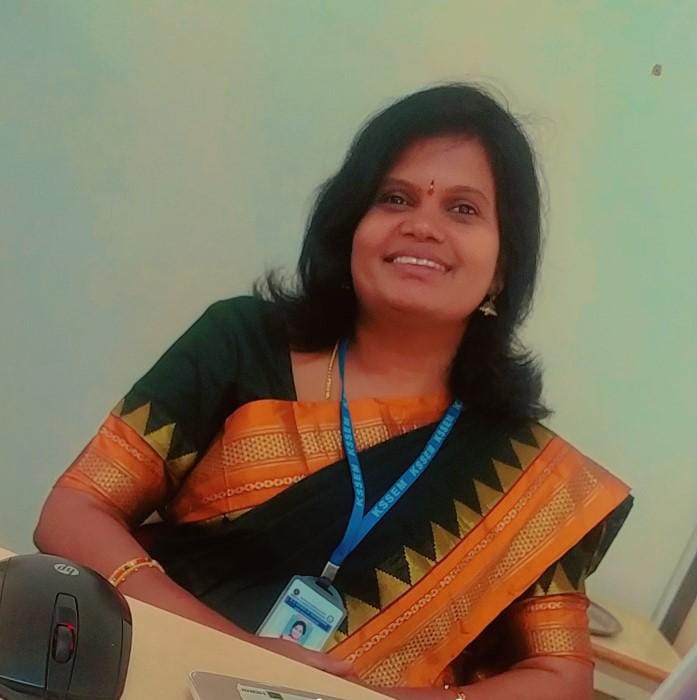
Dr. Swarna S
Assistant Professor and HoD
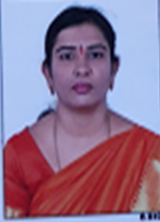
Dr.Radha H.R
Assistant Professor
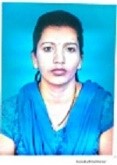
Dr. Anitha R
Assistant Professor
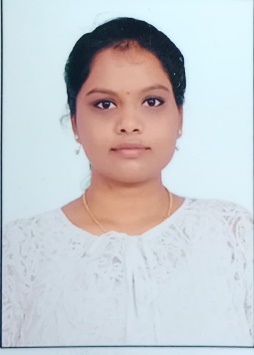
Mrs.Ashvini E
Assistnt Professor
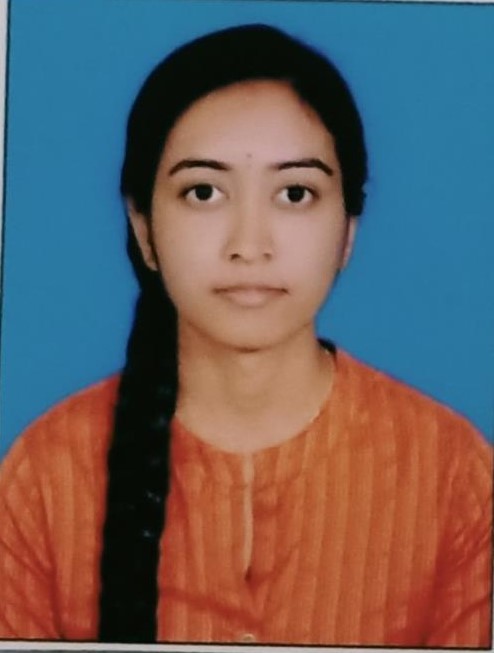
PALLAVI B N
Assistant Profile
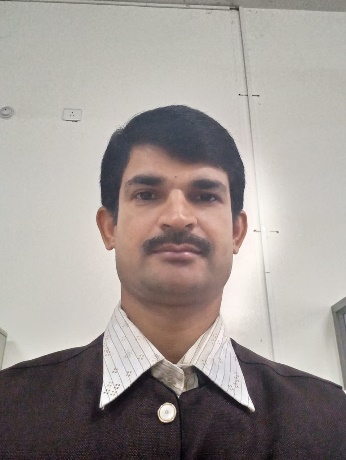
Thrimurthy R
Assistant Professor
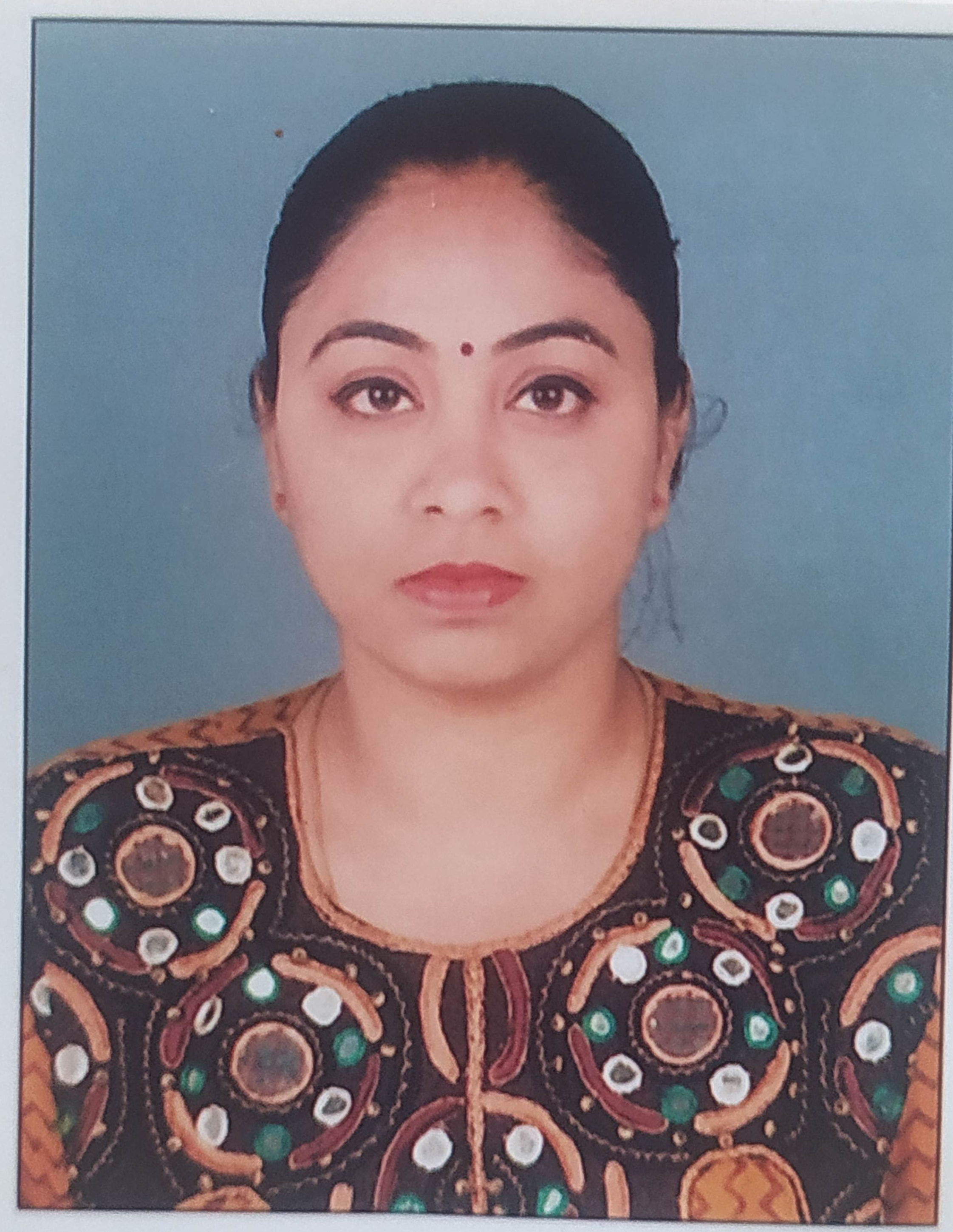
Ashvini
Assistant Professor
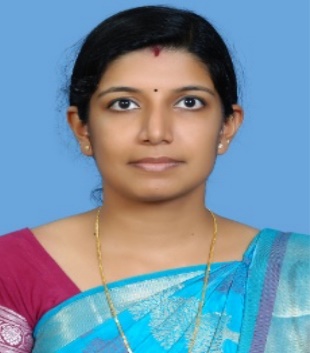
LEKSHMY PRABHA.S
Assistant Professor
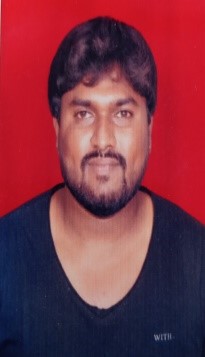
AVINASH R
Instructor
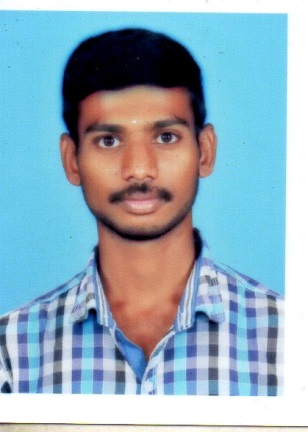
Nagendra
Instructor
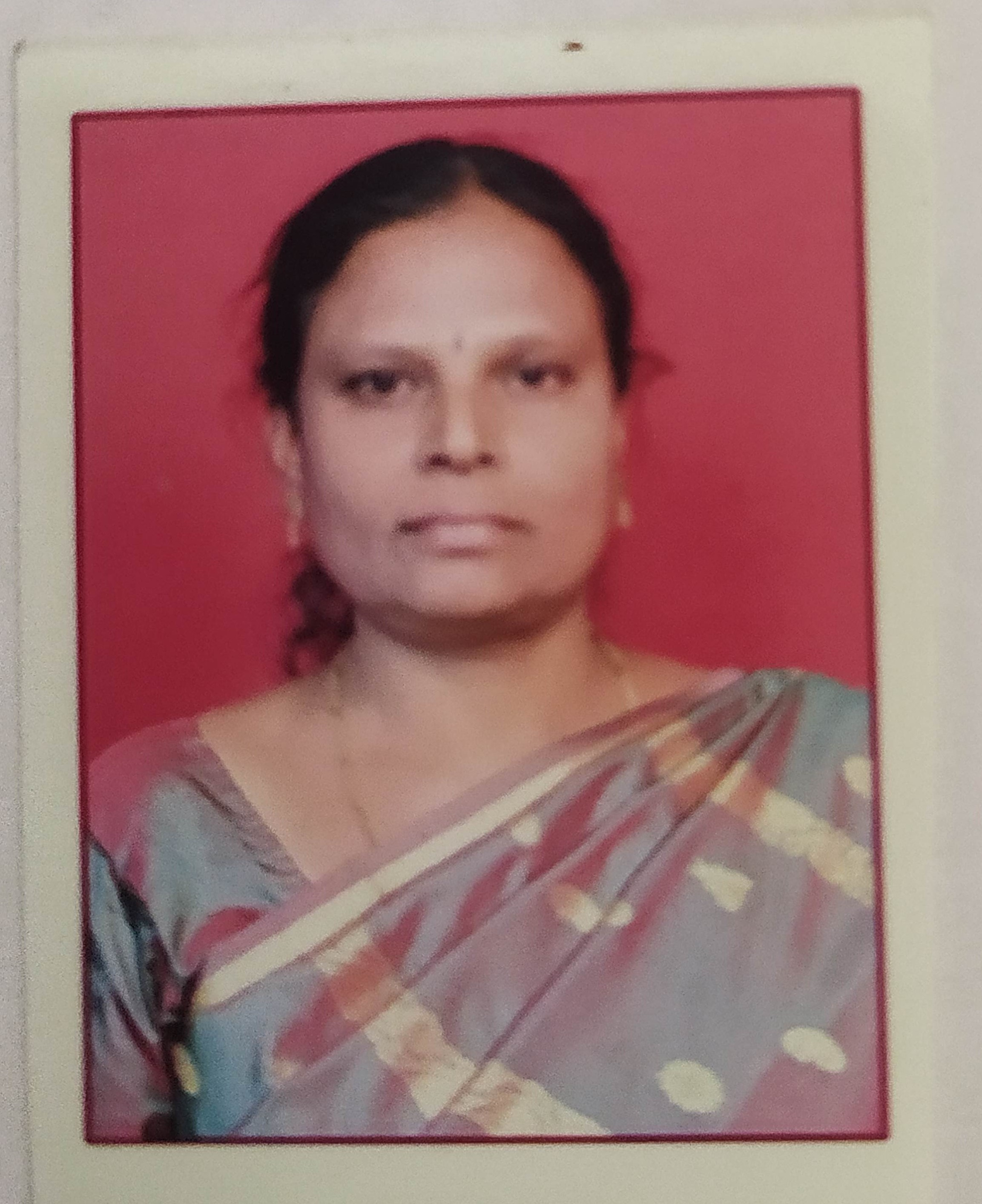
UMA
Attender
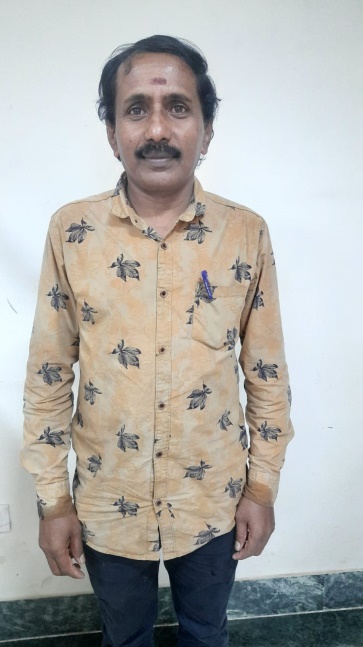
Keshava
Attender
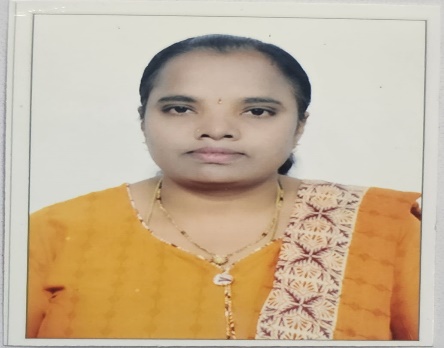
Bhuvaneshwari K
Office Assistant
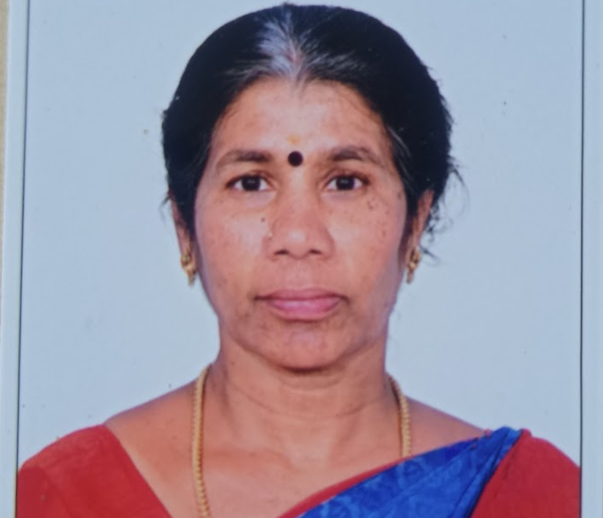
B .ASHA
Attender
Lorem ipsum dolor sit amet, consectetur adipiscing elit. Fusce semper, magna a ultricies volutpat, mi eros viverra massa, vitae consequat nisi justo in tortor. Proin accumsan felis ac felis dapibus, non iaculis mi varius.
Lorem ipsum dolor sit amet, consectetur adipiscing elit. Fusce semper, magna a ultricies volutpat, mi eros viverra massa, vitae consequat nisi justo in tortor. Proin accumsan felis ac felis dapibus, non iaculis mi varius.
Our alumni thrive in renowned companies, driving innovation and excellence